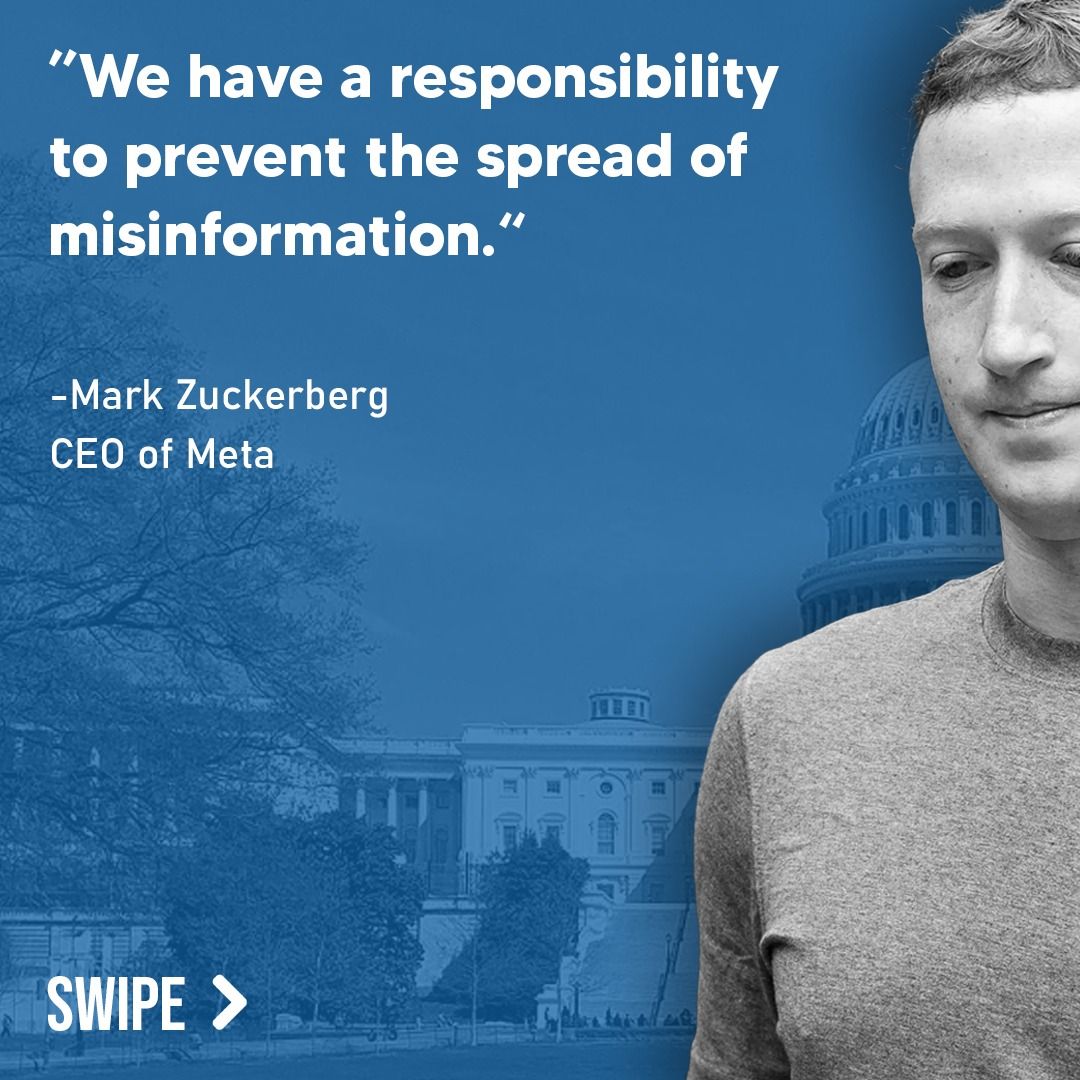Introduction
A recent CNN article has sparked widespread debate over whether it violates free speech rights to ban narcocorrido music—a genre known for dramatizing or romanticizing drug cartels in Mexico. The user’s core question points to a constitutional concern: does banning or penalizing narcocorrido performers run afoul of the First Amendment in the United States? On top of this central point, the article makes several factual claims about government actions, public reaction, and the legality of such bans in both the US and Mexico—warranting closer scrutiny.
Historical Context
Narcocorridos are a subgenre of traditional Mexican ballads (corridos) that emerged during the Prohibition era. They originally chronicled smuggling and were deeply rooted in the folk storytelling tradition. Over time, particularly since the 1980s, these songs evolved to glorify specific cartel figures—often commissioned directly by criminals themselves. This development has brought ethical concerns, especially when these songs cross borders and influence listeners worldwide, including in the United States. While Mexico has oscillated between censorship and tolerance, the U.S. legal framework provides strong free speech protections, making any attempt to restrict performance or entry based on lyrics controversial and possibly unconstitutional.

Fact-Check: Evaluating Key Claims
Claim #1: The U.S. banned Los Alegres del Barranco from entering the country due to performing a song praising a cartel leader
The article claims that the U.S. State Department revoked the band’s visas after a viral video showed them performing a song that portrayed El Mencho, leader of the Jalisco New Generation Cartel, positively. While the State Department declined to confirm details of individual visa cases, multiple news sources including AP and BBC have reported that U.S. officials have previously used visa authority to deny entry to individuals associated with terrorism or criminal glorification, particularly after cartels were designated Foreign Terrorist Organizations (FTOs). Therefore, it is plausible and consistent with legal precedent that a discretionary visa revocation occurred, motivated by the content of the performance and its perceived national security implications.
Verdict: True, although not publicly confirmed, the visa revocation aligns with current State Department policies and FTO guidelines.
Claim #2: Banning narcocorrido music in the U.S. would violate the First Amendment
This is a central concern raised by the article and the user. In the United States, the First Amendment broadly protects freedom of speech, including artistic works—even if they depict or glorify crime. The Supreme Court case Brandenburg v. Ohio (1969) held that speech cannot be outlawed unless it incites “imminent lawless action.” Similar standards apply to music lyrics. Rap lyrics that reference violence or criminal acts have often faced criticism but remain protected unless directly tied to criminal activity.
Thus, banning narcocorridos across the board in the U.S. merely for their content would likely be ruled unconstitutional. However, visa revocation for foreign performers is a separate administrative action, not subject to the same constitutional protections.
Verdict: True, a general ban on narcocorrido music for U.S. audiences would violate the First Amendment.

Claim #3: Mexican musicians are self-censoring due to fear of U.S. visa restrictions
The article includes interviews from musicians and experts stating that Mexican performers are increasingly adjusting their content out of concern that U.S. authorities may interpret their music as support for terrorism. This trend is documented in academic literature and media reports. A 2023 paper published in the Latin American Music Review confirmed that musicians dependent on international tours often alter their lyrics and public communications due to visa concerns, particularly following Trump-era cross-border policies.
Moreover, anecdotal evidence, including from the band Orden Activa itself (“Let’s see if they don’t take away our visa”), supports the notion that fear of visa loss is changing artist behavior.
Verdict: True, self-censorship among some Mexican narcocorrido performers is occurring based on real and perceived visa risks.
Claim #4: President Claudia Sheinbaum proposed government-sponsored “peaceful music” as an alternative to narcocorridos
The article states that Mexican President Claudia Sheinbaum has rejected a federal ban on narcocorridos and instead proposed state-supported incentives for music promoting peace. According to original statements recorded in La Jornada and El Universal, President Sheinbaum has publicly said that while violent messages in music are concerning, she prefers educational and cultural alternatives over censorship. Her plan includes investing in youth cultural programs and musical diversity instead of outright bans.
Verdict: True, President Sheinbaum supports non-coercive alternatives to narcocorrido bans.

Conclusion
The CNN article accurately represents several key events and policy developments affecting the narcocorrido genre, including U.S. visa revocations and the growing self-censorship among Mexican musicians. It correctly outlines the legal controversy concerning freedom of expression in the U.S., highlighting that a blanket ban would likely be unconstitutional. The article primarily relies on quotes from subject-matter experts, publicly available statements, and cultural observers. However, while the framing leans toward portraying U.S. actions as overly politicized, the underlying facts are largely verified and balanced with context from both American and Mexican perspectives. No evidence of explicit misinformation was found, but some claims could benefit from further clarification between administrative visa policies and constitutional speech rights.
Engage With the Truth
Help us hold the media accountable. Download DBUNK to verify claims, spot fake news, and submit your own fact-check requests—always free and always nonpartisan.

Visit the Original Article
https://www.cnn.com/2025/05/04/americas/narcocorrido-mexico-bands-us-trump-intl-latam

